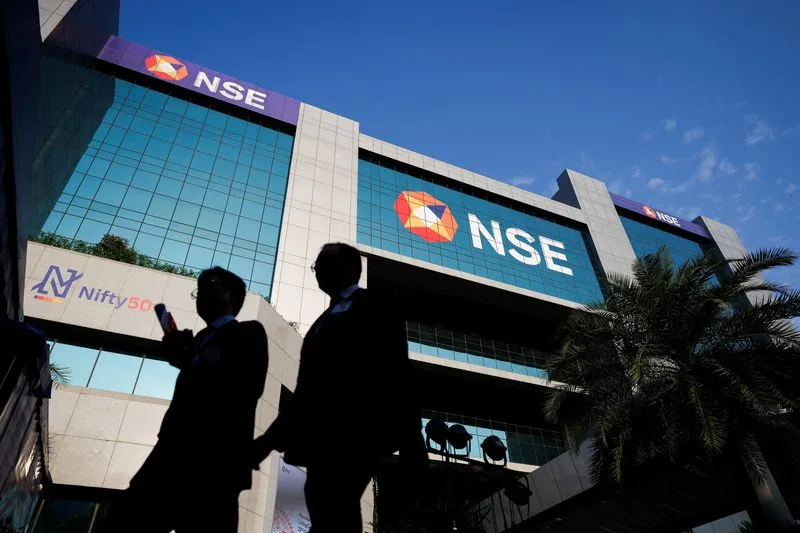With Donald Trump poised to re-enter the White House, global investors are increasingly viewing India as a relatively stable option amid potential market volatility from Trump’s economic policies. Analysts suggest that India’s robust economic fundamentals, coupled with limited exposure to both the U.S. and Chinese consumer markets, position it as a safe haven in uncertain times for emerging markets.
The renewed uncertainty around Trump’s possible protectionist policies, including tariffs that could reignite trade tensions, is expected to spur volatility in markets heavily reliant on exports. However, India’s strong economic growth, domestic demand for equities, and a central bank focused on currency stability provide a resilient backdrop for investors.
India’s stock market, buoyed by strong domestic investment, is less vulnerable to global trade fluctuations due to its companies’ limited reliance on exports. Sat Duhra, a portfolio manager at Janus Henderson Investors, noted that the recent shift away from Chinese stocks by some investors could lead to an increased focus on India as a safer choice amid fears of a U.S.-China trade dispute. “There could be a reversion back to India in a quicker than expected time frame because of its status as a safe haven,” he said.
Indian equities saw an outflow of $11.2 billion from foreign investors in October. Nonetheless, domestic institutional investors stepped up with record stock purchases totaling $12.7 billion, effectively supporting the market’s performance. Trideep Bhattacharya, CIO for Equities at Edelweiss Mutual Fund, emphasized the potential benefits for India from U.S. companies diversifying their supply chains across sectors like electronics, chemicals, and pharmaceuticals.
India’s economic landscape has evolved since Trump’s first term, with GDP growth reaching 8.2% for the fiscal year ending March 2024, compared to slower growth during his previous presidency. However, high valuations of Indian equities may deter some global investors. The MSCI India index trades at a 12-month forward price-to-earnings (PE) ratio of 22.8, compared to 12.08 for broader emerging markets.
Vontobel Asset Management in Zurich remains cautious on Indian equities, favoring Indian sovereign bonds and the rupee as safer assets. Carl Vermassen, a fixed income portfolio manager at Vontobel, highlighted the appeal of India’s bonds for diversification and the rupee as a risk-adjusted carry trade. “The rupee is blissfully uncorrelated to other EM currencies while at the same time presenting a high beta to the dollar. This makes it a unique EM asset,” he said.
Indian government bonds, already part of the JPMorgan global emerging market debt index, are slated to join additional global bond indices by 2025. The Reserve Bank of India’s stabilizing foreign exchange policy enhances the rupee’s appeal, despite a slight decline against the dollar during Trump’s recent election win.
India’s market resilience and strong domestic economic drivers underscore its potential as an investment destination amid heightened geopolitical uncertainty.





